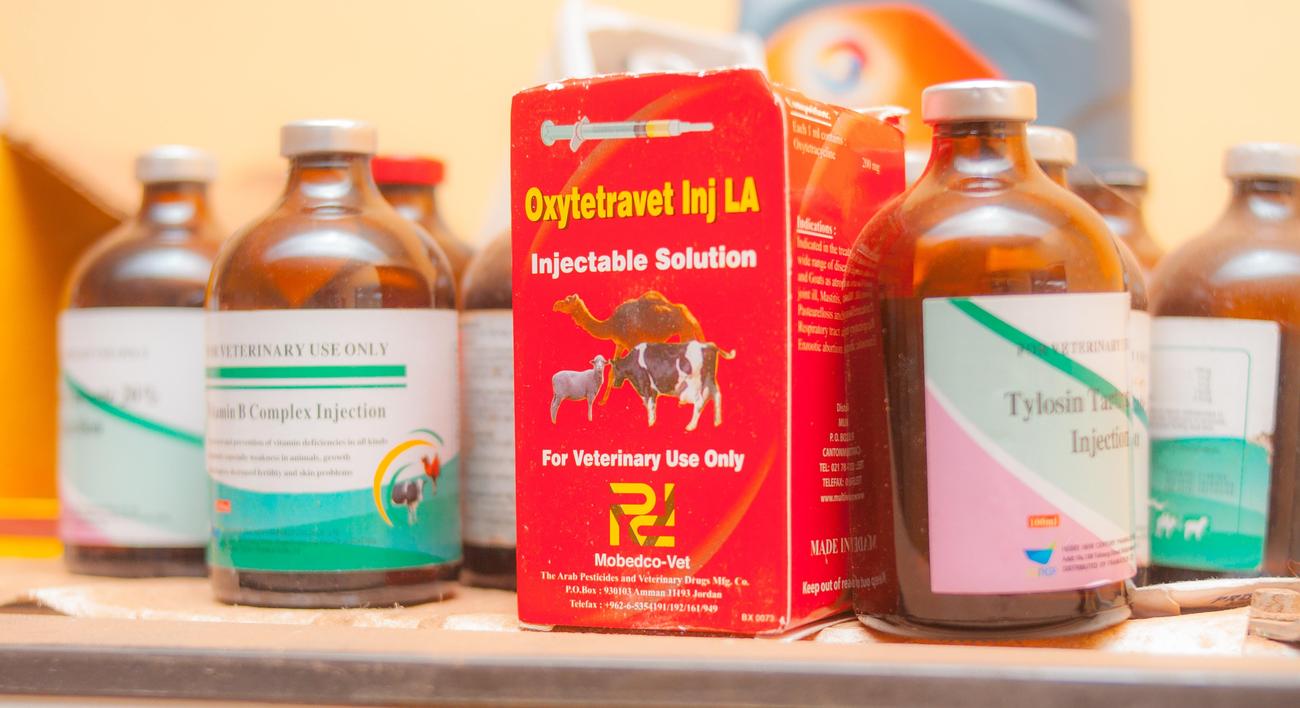In the world of animal healthcare, there are unsung heroes working tirelessly behind the scenes. They may not wear the white coats or hold the stethoscopes, but their contributions are nothing short of vital. They are the seasoned veterinary technicians, the ones who ensure the smooth operation of procedures, deliver top-notch care, and provide indispensable support to veterinarians. From administering medications to assisting in surgeries, these unsung heroes play an essential role in maintaining the overall health and happiness of our beloved pets. In this article, we delve into the integral role of vet techs in animal healthcare, shedding light on their expertise, compassion, and dedication.

The Vital Role of Vet Techs in Animal Healthcare
As a seasoned veterinary technician, I have witnessed firsthand the vital role that vet techs play in animal healthcare. From performing diagnostic tests to providing compassionate nursing care, vet techs are indispensable members of the veterinary team. In this article, we will explore the various responsibilities of vet techs and their impact on the overall health and happiness of our beloved pets.
Diagnostic Tests and Medication Administration
One of the primary responsibilities of vet techs is to perform diagnostic tests, such as x-rays and blood or fluid analyses. These tests are crucial in identifying and diagnosing illnesses and injuries in animals. Additionally, vet techs are skilled in administering medication and vaccines to animals, ensuring they receive the necessary treatment to combat diseases and maintain their health.
“By performing diagnostic tests and administering medications, vet techs contribute significantly to the early detection and treatment of illnesses in animals.”
Humane Sedation and Animal Restraint
Vet techs also play a crucial role in ensuring the safety and comfort of animal patients. They use humane sedatives to calm anxious animals, making the veterinary experience less stressful for both pets and their owners. Moreover, vet techs are adept at safely restraining animals during procedures, minimizing the risk of injury and ensuring a smooth and efficient veterinary process.
“Through their expertise in sedation and animal restraint, vet techs create a supportive and calming environment for animals.”
Surgical Assistance and Emergency Care
During surgical procedures, vet techs are invaluable in preparing animals for surgery, which entails tasks like sterilizing tools and administering anesthesia. They work closely with veterinarians, providing support and ensuring that surgical procedures are carried out seamlessly. In emergency situations, vet techs are trained to provide immediate first aid, stabilizing animals until veterinary intervention is possible.
“Vet techs contribute to the success of surgical procedures through their meticulous preparation and attentive care. In emergency situations, their knowledge and quick actions can be life-saving.”
Hospital Operations and Client Support
Apart from their clinical duties, vet techs also handle the smooth operation of veterinary clinics and hospitals. They welcome visitors and check in animals for vet appointments, ensuring that clients feel cared for and attended to. Vet techs assist during routine surgical procedures like spays and neuters, ensuring a high standard of care for animals. They also perform laboratory analysis on fluid samples and operate imaging equipment for diagnostic tests, playing a pivotal role in the accurate diagnosis and treatment of animal patients.
“Through their dedication to hospital operations and client support, vet techs contribute to the overall efficiency and effectiveness of veterinary care.”
In conclusion, the vital role of vet techs in animal healthcare cannot be overstated. Their expertise in diagnostic tests, medication administration, animal restraint, surgical assistance, emergency care, and hospital operations is essential to the well-being of animals. Vet techs are the backbone of the veterinary team, working tirelessly to ensure that our beloved pets receive the highest quality care possible.
Table: A Brief Overview of Vet Tech Responsibilities
| Vet Tech Responsibilities |
|---|
| Diagnostic tests |
| Medication administration |
| Humane sedation |
| Animal restraint |
| Surgical preparation |
| Emergency first aid |
| Hospital operations |
| Client support |
| Surgical assistance |
| Laboratory analysis |
| Diagnostic imaging |
| Vital sign monitoring |
Have you ever wondered who ensures that your pet receives the best care possible? Look no further than vet techs! They are the unsung heroes of animal healthcare, working diligently behind the scenes to support veterinarians and provide compassionate care to animals. So, next time you visit the veterinary clinic, remember to appreciate the vital role that vet techs play in maintaining the health and happiness of our furry friends.
Vet techs play a vital role in the field of veterinary medicine. They are the unsung heroes working behind the scenes to ensure the health and well-being of our beloved pets. Have you ever wondered what interesting facts lie beneath the surface of this profession? Look no further! Click here to explore some captivating and eye-opening information about vet techs. Discover their unique skills, the challenges they face, and the rewarding experiences they have while caring for animals. Prepare to be amazed by the dedication and expertise of these remarkable individuals. So, what are you waiting for? Embark on a journey of discovery by clicking on this link to delve into the fascinating world of vet techs: Interesting Facts About Vet Techs.

FAQ
Question 1
What are some of the responsibilities of vet techs in animal healthcare?
Answer 1
Vet techs perform various responsibilities in animal healthcare, including administering medication and vaccines, performing diagnostic tests like x-rays and blood or fluid analyses, providing emergency first aid, and assisting during routine surgical procedures.
Question 2
How do vet techs provide support to veterinarians during surgeries and other procedures?
Answer 2
Vet techs play a crucial role in supporting veterinarians during surgeries and other procedures. They prepare animals for surgery by sterilizing tools and administering anesthesia, assist during the procedures, and monitor vital signs of animals to ensure their safety and well-being.
Question 3
What skills do vet techs possess that contribute to the smooth operation of veterinary procedures?
Answer 3
Vet techs possess a range of skills that contribute to the smooth operation of veterinary procedures. They have expertise in animal handling, administering medications, performing laboratory tests, and operating imaging equipment for diagnostic tests. They also have a solid background in animal health, anatomy, and medical terminology.
Question 4
Do vet techs provide compassionate care for animals?
Answer 4
Yes, vet techs provide compassionate care for animals. Along with their technical skills, vet techs understand the importance of providing comfort and support to animal patients. They use humane sedatives to calm animals, safely restrain them for procedures, and deliver nursing care with compassion.
Question 5
What role do vet techs play in maintaining the overall health and happiness of pets?
Answer 5
Vet techs play an essential role in maintaining the overall health and happiness of pets. They assist in performing routine procedures, such as spays and neuters, and perform lab analysis on fluid samples. They also welcome visitors and check in animals for vet appointments, ensuring a positive experience for both pets and their owners.















